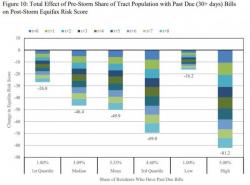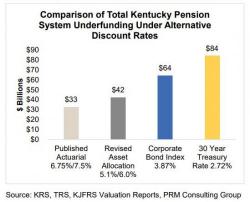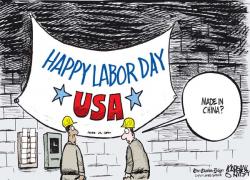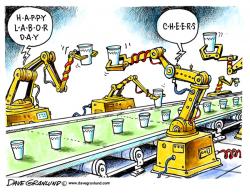Jobless Claims Spike Most Since 2005 Amid Harvey Hangover
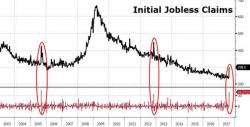
Initial jobless claims spiked 62k last week - thanks to a 51k surge in Texas - as the impact of Hurricane Harvey ripples (transitorily) through economic data.
This 26% spike in claims is the largest since 2005 (and biggest absolute rise since 2012).
The 298k print is the highest since April 2015.
